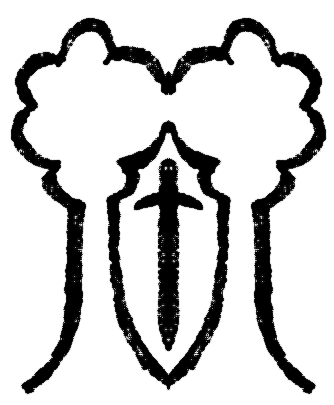
The Action Thursday entry yesterday elicited email responses concerning the mixing of politics and religion. One reader quoted a popular bumper sticker: “The last time we mixed politics and religion, people were burned at the stake!”
Which makes us wonder if they’ve ever heard of Martin Luther King.
Granted, religion was also in the mouths of white supremacists who opposed Dr. King. This fact, however, simply strengthens the argument that the good should not shy away from pressing the politics of justice with religious reasoning.
The real question about mixing politics and religion is not whether you do, but how you do it, and to what end. As with the Divine Right of Kings discussed yesterday, the unjust will mix them whether the just do or not, and if you fail to address religious arguments laid forth in service to injustice, you’ve ceded the contest to evil.
To paraphrase a quote attributed to Edmund Burke, the only thing necessary for the triumph of evil is for good people to fail to engage evil where it actually wages war.
Continue reading →
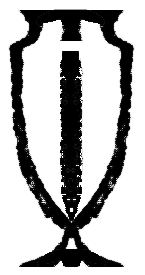 During this Lenten season leading up to Garden Thursday, let’s discuss one of our key symbols in Unitarian Reform: the chalice.
During this Lenten season leading up to Garden Thursday, let’s discuss one of our key symbols in Unitarian Reform: the chalice.
 One of the primary divisions in the Christian religion is the chasm separating the pietist approach, emphasizing a rigorous Christian lifestyle, from the liturgical approach, emphasizing ritualized public worship.
One of the primary divisions in the Christian religion is the chasm separating the pietist approach, emphasizing a rigorous Christian lifestyle, from the liturgical approach, emphasizing ritualized public worship.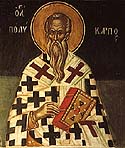 Although not an official AUR holiday, today we honor St. Polycarp, who was martyred at the age of 86 or older on February 23rd at some point in the mid-2nd Century for refusing to light incense to the Roman Emperor. He was first set on fire, then stabbed to death.
Although not an official AUR holiday, today we honor St. Polycarp, who was martyred at the age of 86 or older on February 23rd at some point in the mid-2nd Century for refusing to light incense to the Roman Emperor. He was first set on fire, then stabbed to death. Typically, Reform Unitarianism avoids the veneration of the cross, so it may seem strange for RU’s to join the rest of Christianity in the Ash Wednesday ritual.
Typically, Reform Unitarianism avoids the veneration of the cross, so it may seem strange for RU’s to join the rest of Christianity in the Ash Wednesday ritual.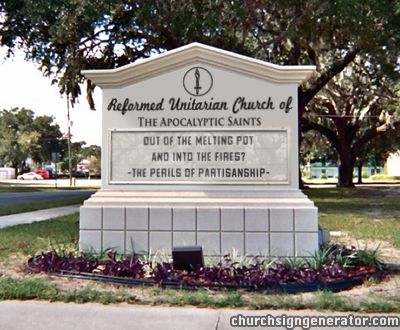
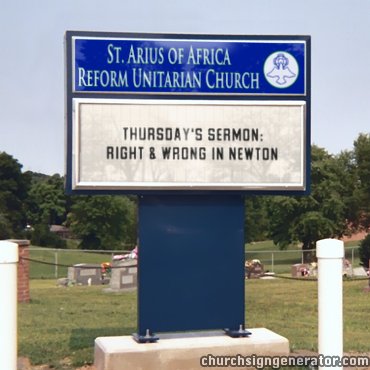
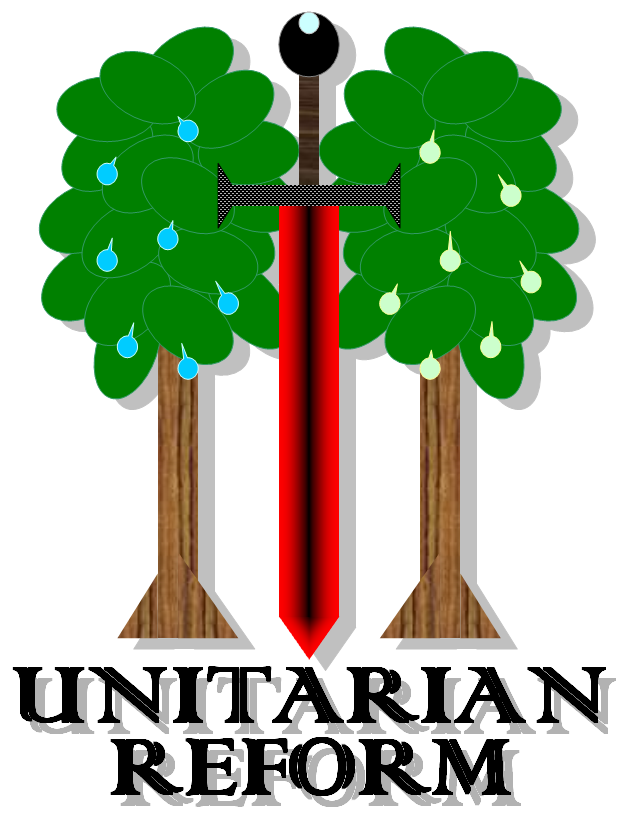

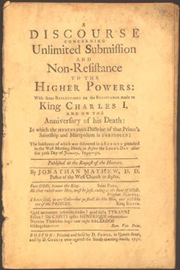
 It is quite appropriate that the (actual) birthday of Martin Luther King Jr. falls on the
It is quite appropriate that the (actual) birthday of Martin Luther King Jr. falls on the